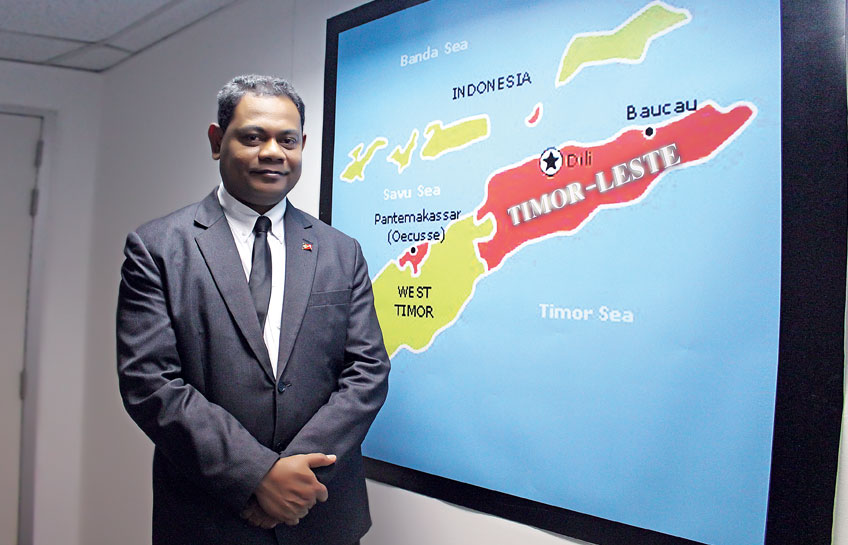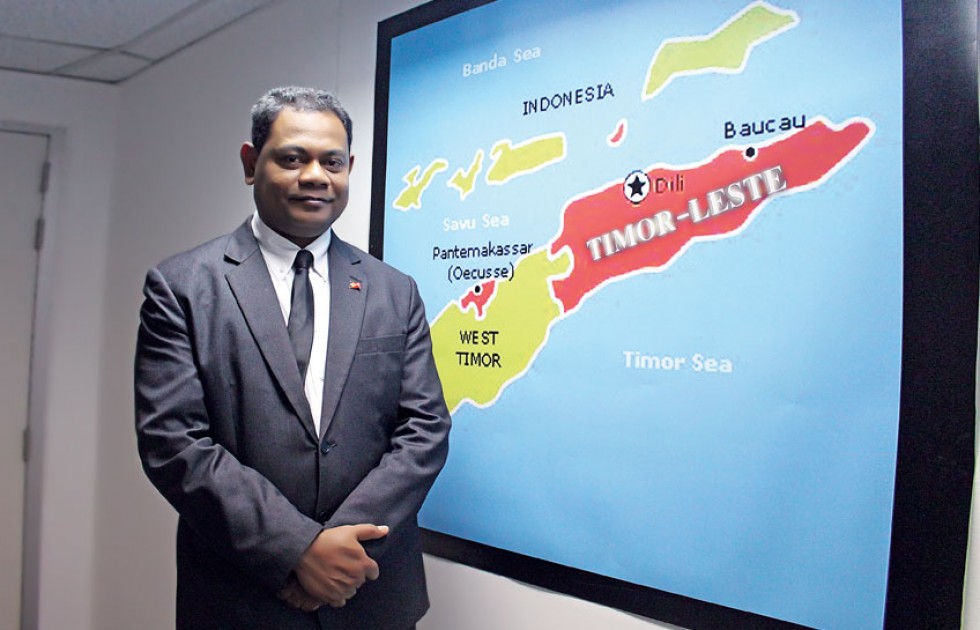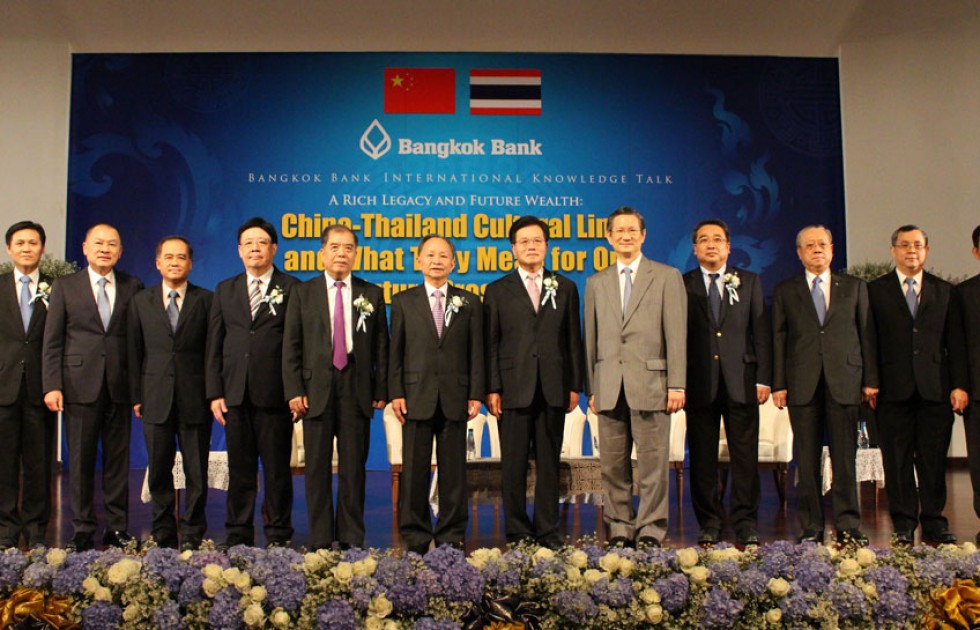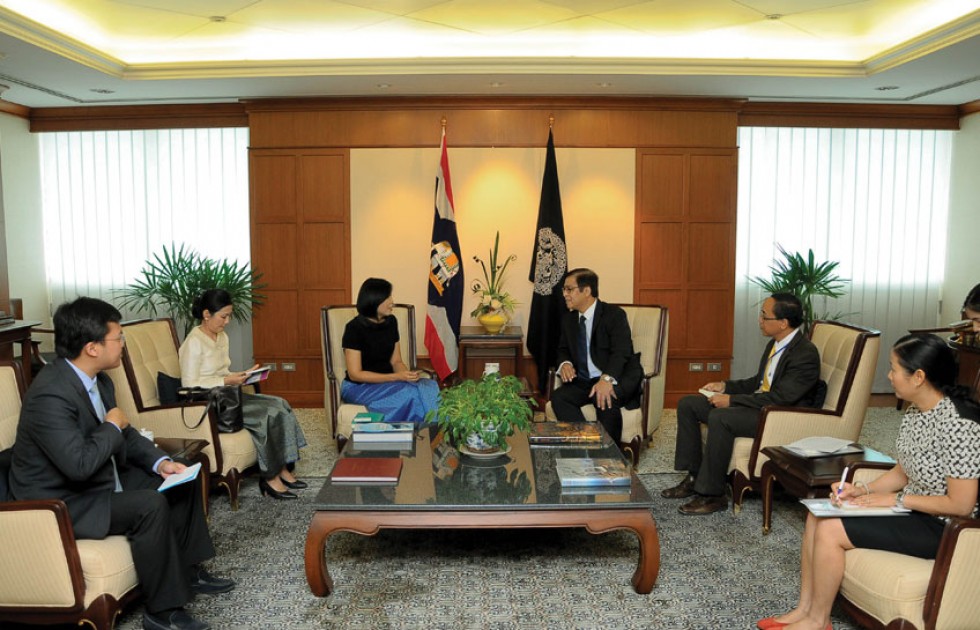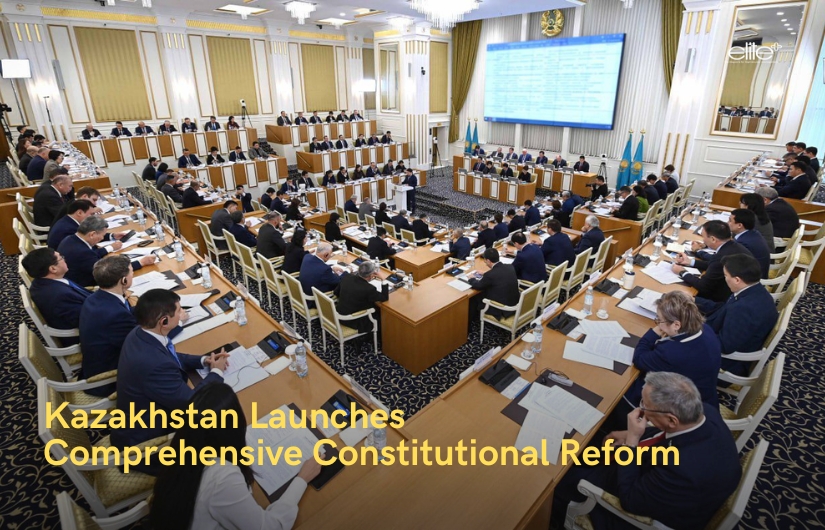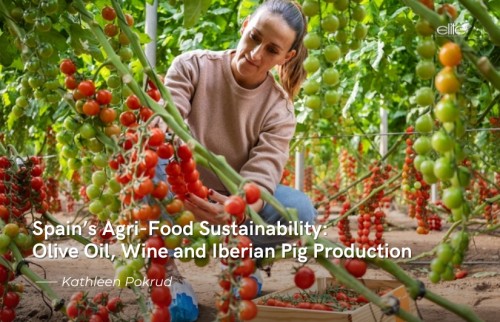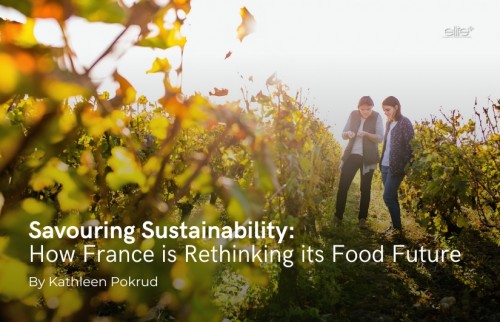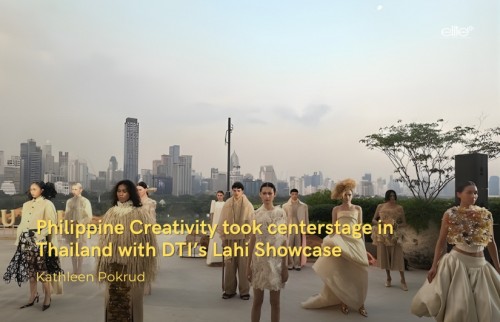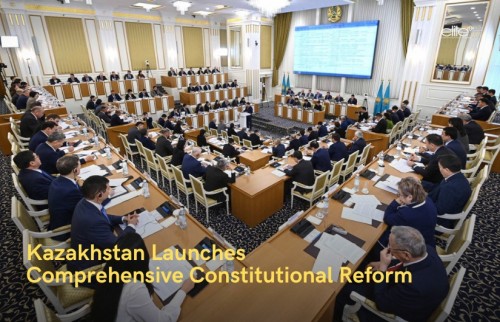The fourth-newest country in the world, East Timor, or Timor-Leste (TL), is leaving behind a history of struggles and violence as it plans for the future. With a philosophy of sustainable development, the ASEAN member-to-be is focusing on creating a good quality of life for its people, aiming to become an upper middle income nation by 2030. Francisco Dionisio Fernandes, chargé d’affaires at the East Timorese embassy in Bangkok, sat down with Elite+ to talk about the challenges ahead for the youngest country in Asia-Pacific.
How does such a young country plan its development?
Apart from aligning ourselves within the framework of a multiparty presidential parliamentary democratic system, our government has launched a Strategic Development Plan for 2011 to 2030, aiming to become an uppermiddle- class income country by 2030. There are three key sectors to develop and strengthen: agriculture, tourism and petroleum. And development must be done in the most sustainable way.
To achieve growth in these sectors, we have to work hard on developing human capital and infrastructure. We have sent our people to career and skill training, and given scholarships for overseas studies. We are providing social welfare across the country, like school education, health care and a safe environment. We are building roads and bridges, clean water supply, irrigation for agriculture, electricity, telecommunications networks, ports and airports. Now we have one international sea port in Dili, with a capacity of 200,000 tonnes per year. We need more on the northern and the southern coasts. One will be built with a capacity of 1 billion tonnes. We are expanding the Presidente Nicolau Lobato International Airport in Dili and are going to build regional airports, such as in Lospalos, Same and Viqueque.
How is the investment climate? What segments are open for Thai and other foreign investors?
We welcome foreign investment in all sectors, especially tourism and agriculture. There is a Thai community in Dili, small businesses like restaurants and massage shops. Thai Bev has established a venture which will distribute alcoholic beverages, fruit juice and drinking water in TL and has plans to build serviced apartments, hotels and resorts. I hope other Thai companies will follow.
TL insists on its readiness to become an ASEAN member. How is the government planning to compete?
Under the Strategic Development Plan, I’m positive we will be able to catch up with the ASEAN countries. We are investing a lot in education and human capital, building skilled labour for the areas that will drive the economy. We are a very small country of 1.2 million people and might not have enough labour to produce as much as the bigger ASEAN nations. So we don’t focus on quantity but work on quality. Like for coffee, we will maintain premium quality, being tasty and organic. We will also have more kinds of produce to offer international markets and the ASEAN market of 600 million people.
There were many struggles and massacres under the Indonesian occupation. Every East Timorese has a painful story to tell. How is the relationship between Indonesians and East Timorese now?
What happened is the past and we let go of our pain. Indonesia now is not like in bygone days. We have reconciled, developed friendship and respect and come to terms as good neighbours. Since we have so much in common, we can easily cooperate to develop our nations.
I myself am one of the survivors of the Santa Cruz massacre, the biggest killing at one time in our history under the occupation. But I look at it as a part of history. Anything I lost or sacrificed, I’ve left it behind. The important thing is now the East Timorese have regained freedom, can dream and direct our nation the way we want to. If you’re curious about the struggles and violence, the East Timorese Resistance Archive and Museum in Dili provides everything you need to know.
Tell us three things you want Thais to know about TL.
First, I’d like to express my deep appreciation to the Thai royal family, which launched several projects with East Timorese. HM the King’s sufficiency economy philosophy and techniques have been practiced in TL’s rural areas since 2003. HRH Princess Maha Chakri Sirindhorn has a school garden project teaching our children in rural areas to make use of their backyards and school lawns to grow vegetables and raise livestock. This way our children benefit from their own milk, meat and nutrition necessary for their growth and development. That’s generosity we East Timorese are grateful for and will never forget. There are also the Princess Maha Chakri Awards granted to outstanding teachers in Southeast Asia. One of our teachers was awarded it, and it’s an honour to acknowledge the princess’s support of TL’s entry to ASEAN via education.
Second, our people take a lot of pride in our country and our freedom. During the 24 years of occupation, we were cut off from the world. We sacrificed and struggled for our freedom with no outside support until towards the end. We had friends and families killed, some missing until today. Now East Timorese put up TL flags everywhere. We own our country and our lives. Smiles are back on people’s faces. Our people now can have better lives and realize their dreams.
Third, TL is a peaceful country. It’s safe to travel in TL and easy to get there. From Bangkok there are connecting flights in Singapore and Bali. From Bali to TL takes only one and a half hours. In the near future we should have direct flights from Bangkok and Phuket to TL. With media exposure, I hope more Thai people will be introduced to TL, be curious about us, visit us and develop love for our people and our country.


